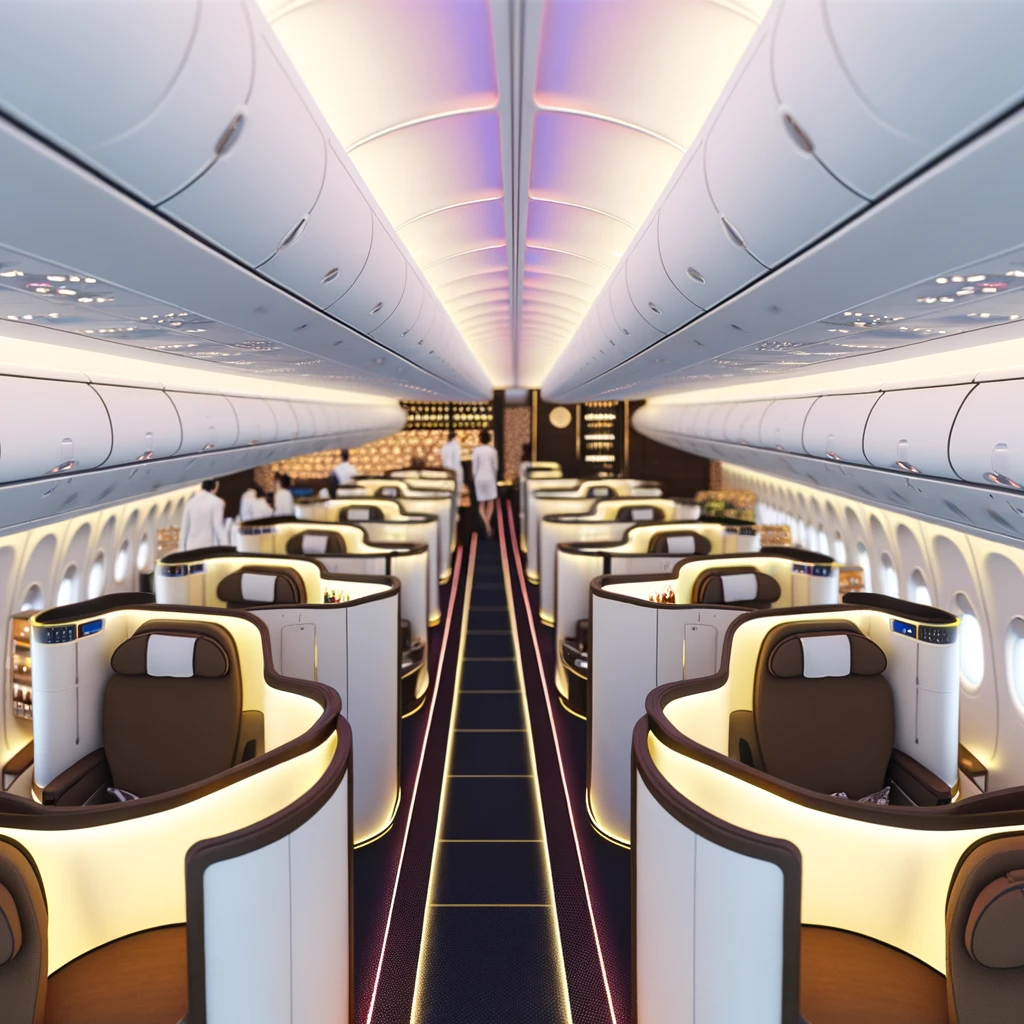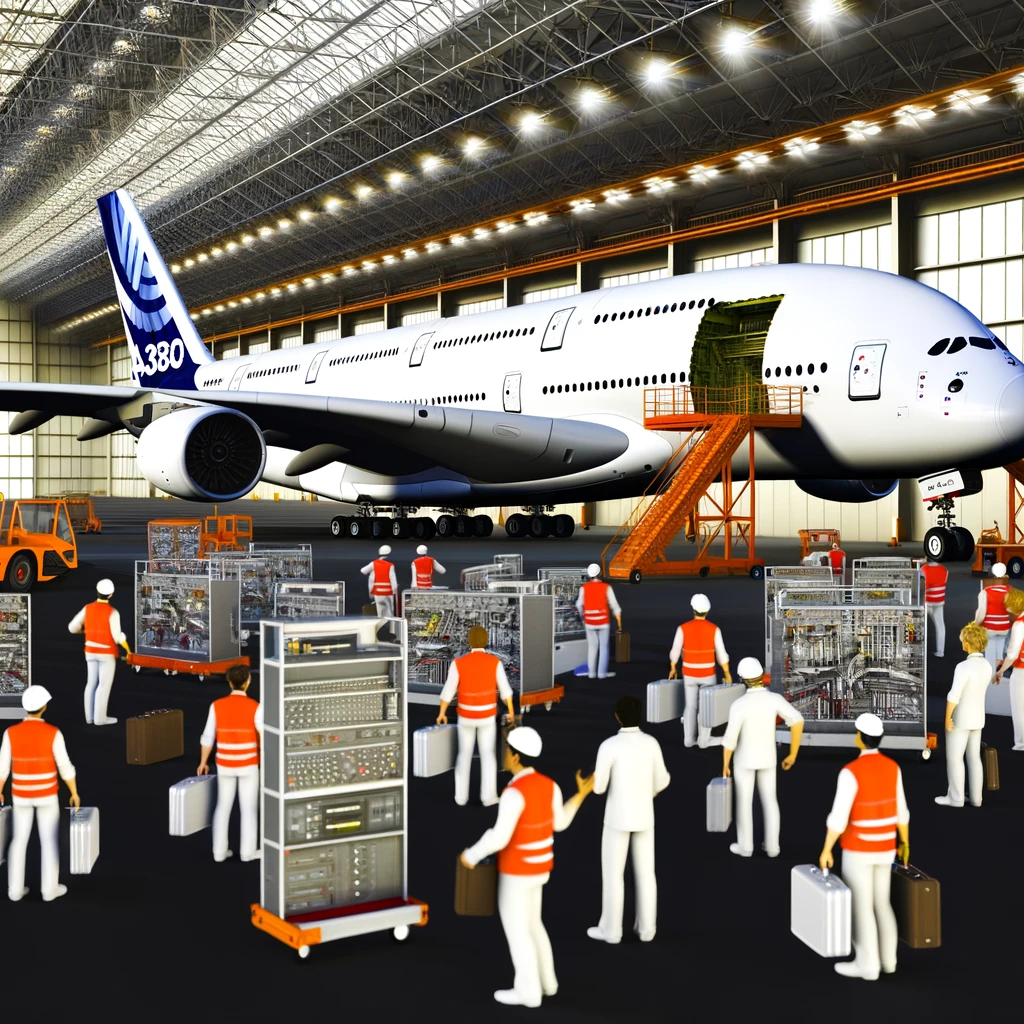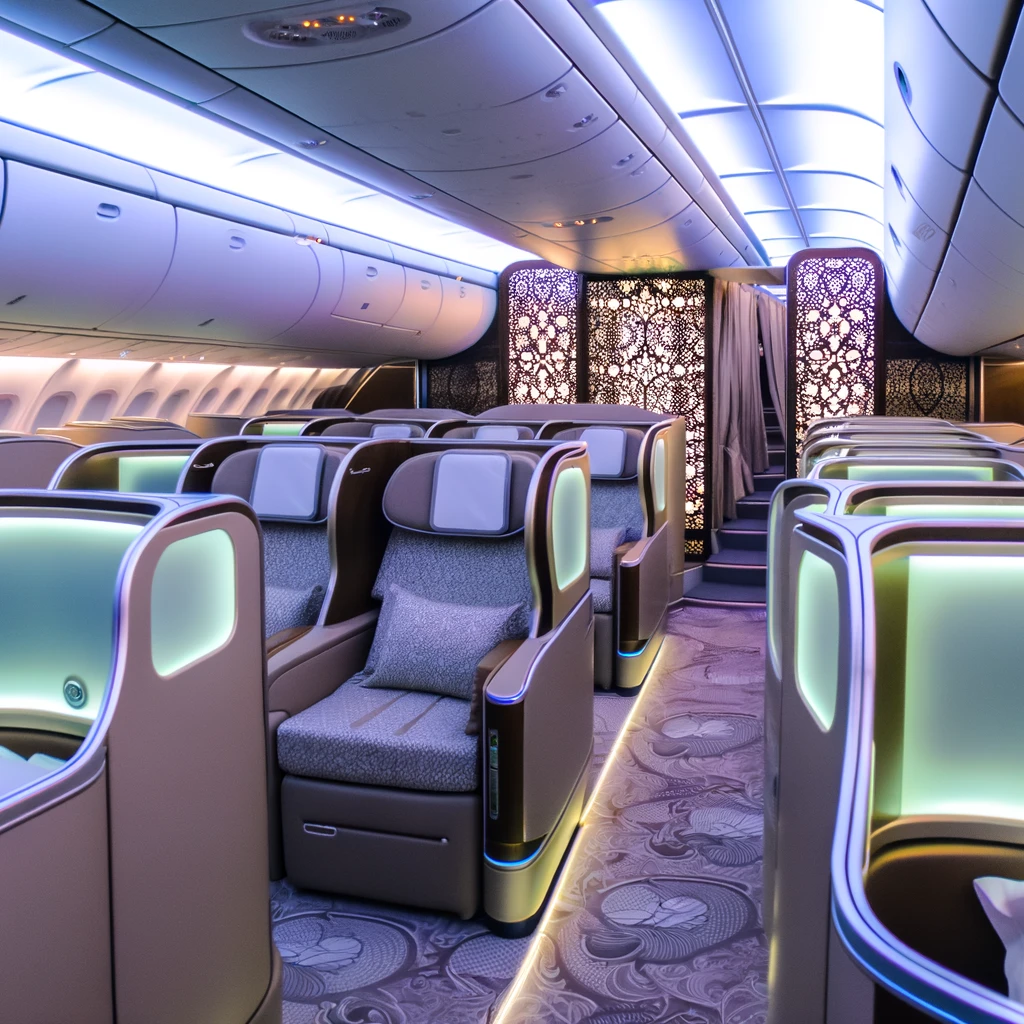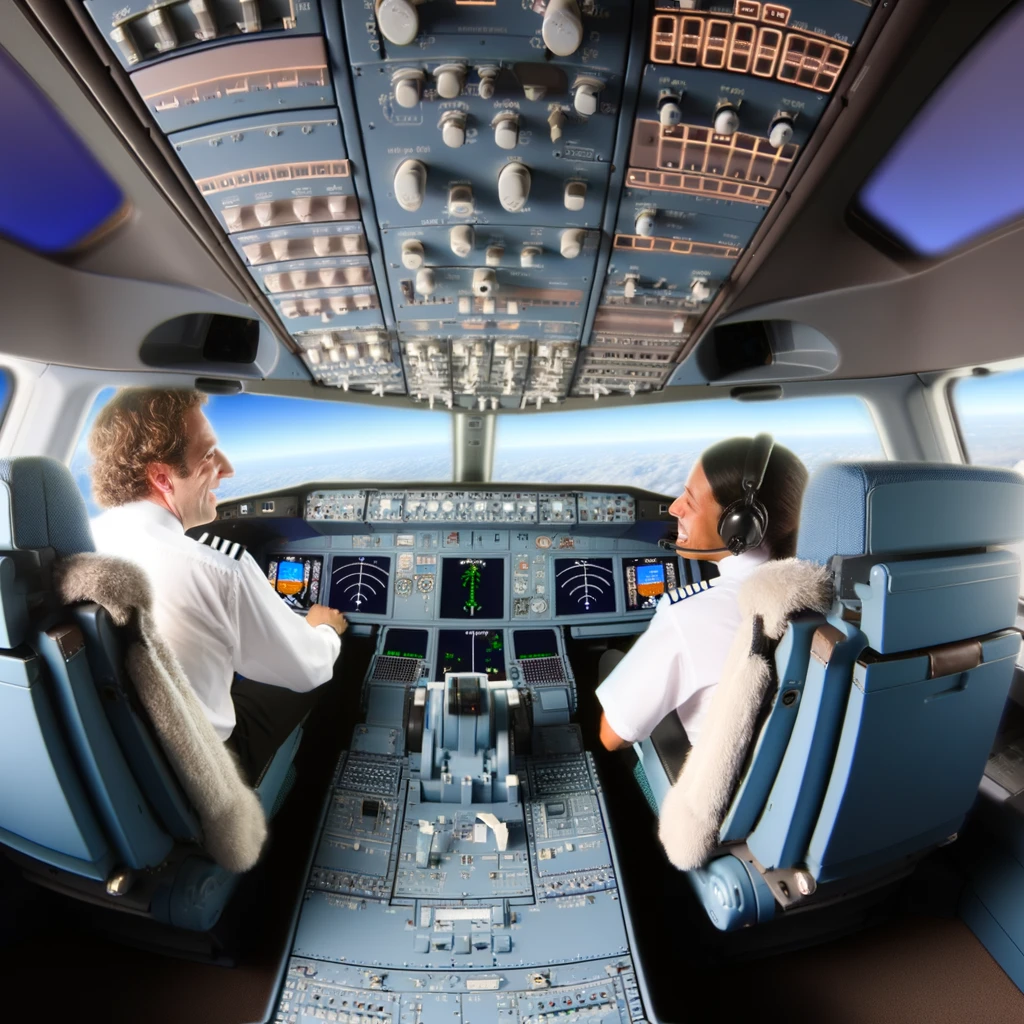Related Articles











The Airbus A380, often dubbed the 'superjumbo,' is a marvel of modern engineering and a testament to human ingenuity in the realm of aviation. Since its introduction, the A380 has captured the imagination of aviation enthusiasts and the general public alike. But what makes this aircraft so special, and why does it hold such a significant place in aviation history?
In the late 20th century, the aviation industry was at a crossroads. Airlines were facing increasing passenger demands, and larger, more efficient aircraft were needed to accommodate the growing number of travelers. The Airbus A380 was Airbus's ambitious response to this demand. First taking to the skies in 2005, the A380 was designed to carry more passengers than any other commercial aircraft, with a typical configuration seating up to 555 passengers in a three-class layout.
The A380's development was a feat of engineering prowess. It featured many technological advancements, including advanced materials, state-of-the-art aerodynamics, and the most powerful engines ever built for a commercial aircraft at the time. The double-deck configuration allowed for unprecedented passenger capacity, while innovations in wing design and materials reduced fuel consumption.
The introduction of the A380 had a profound impact on global aviation. It enabled airlines to offer more seats on popular routes, thereby reducing congestion at major airports. The aircraft's capacity allowed airlines to redesign their networks, focusing on hub-to-hub travel, and offering new possibilities in terms of luxury and comfort on long-haul flights.
The Airbus A380 set a new standard for passenger comfort. Its spacious cabins allowed airlines to experiment with innovative interior designs, including private suites, bars, and even showers on some airlines. Passengers enjoyed quieter, more comfortable flights, thanks to the aircraft's advanced noise reduction technologies and spacious interiors.
Despite its many advantages, the A380 faced challenges that ultimately affected its production. The rise of more fuel-efficient twin-engine aircraft, changing market dynamics, and the high operational costs associated with operating such a large aircraft led to a decline in new orders. In 2019, Airbus announced that it would cease production of the A380 in 2021.
Although production has ended, the A380's legacy endures. It demonstrated what was possible in terms of aircraft size and passenger experience, pushing the boundaries of engineering and design. Its influence is still felt in the industry, and the aircraft remains a favorite among passengers worldwide.
The Airbus A380 holds a special place in aviation history not only because of its size and capacity but also because of the way it transformed the aviation landscape. It challenged conventional thinking and set new standards for comfort and efficiency in air travel. As aviation continues to evolve, the A380 will be remembered as a pioneering icon that dared to dream big.